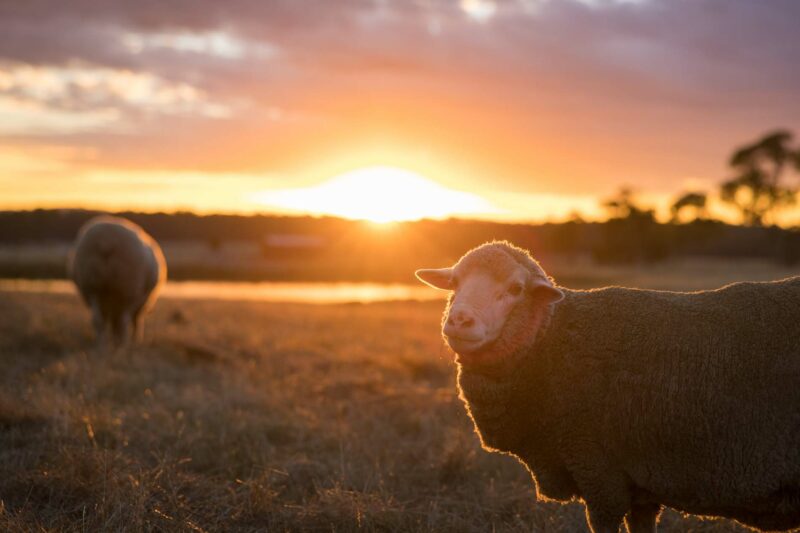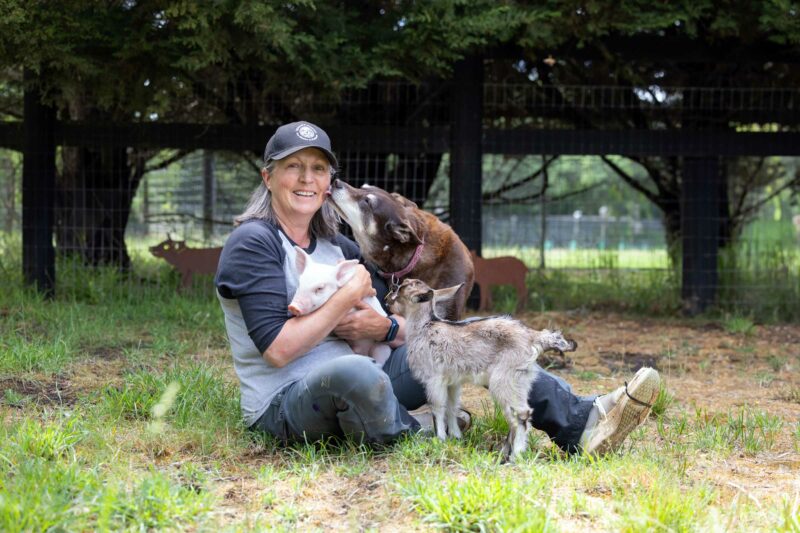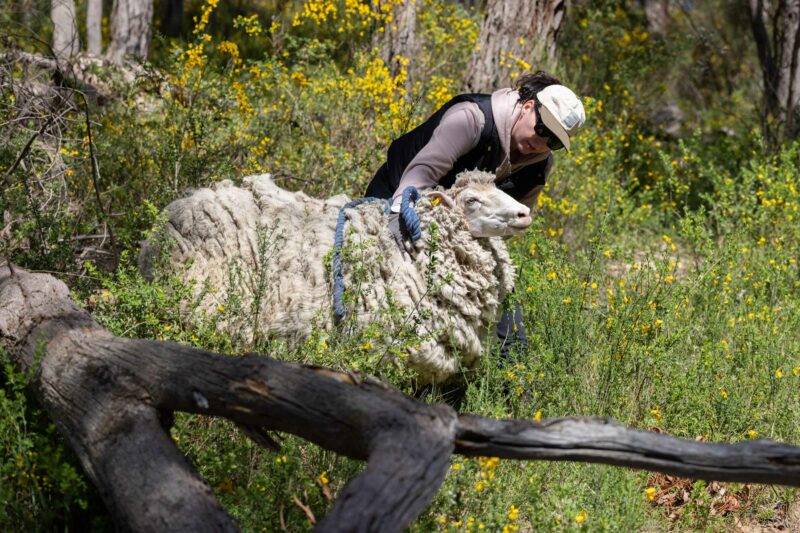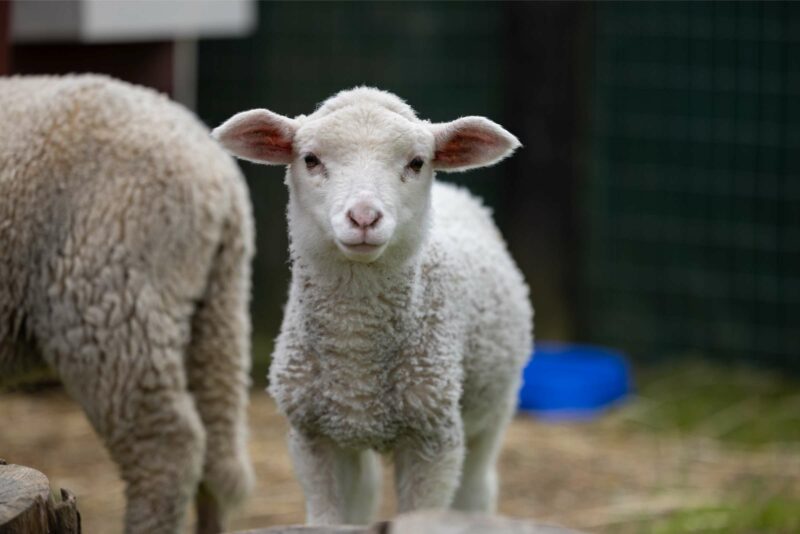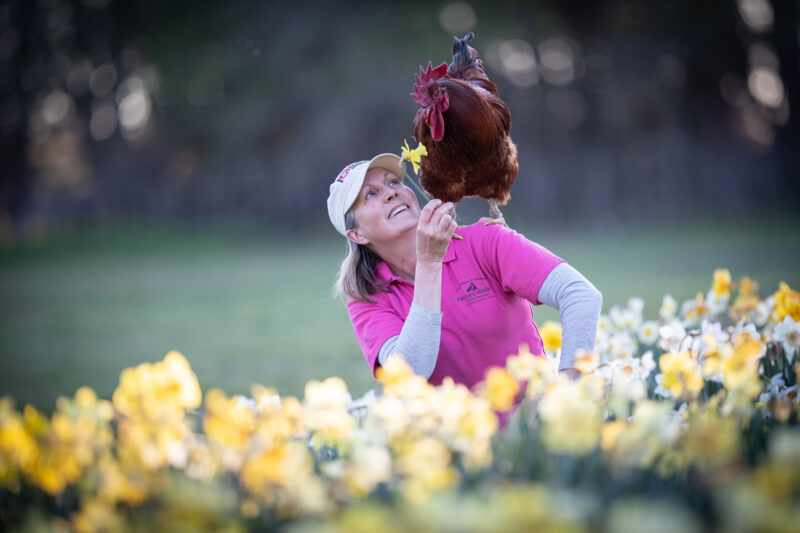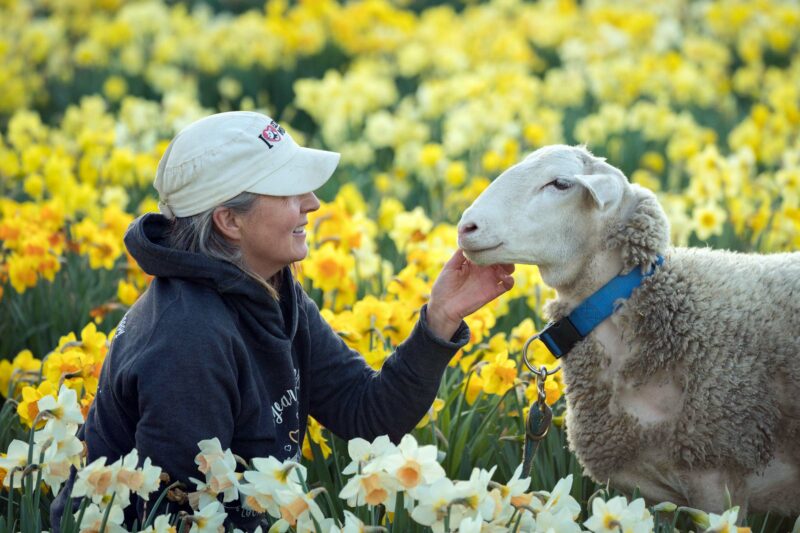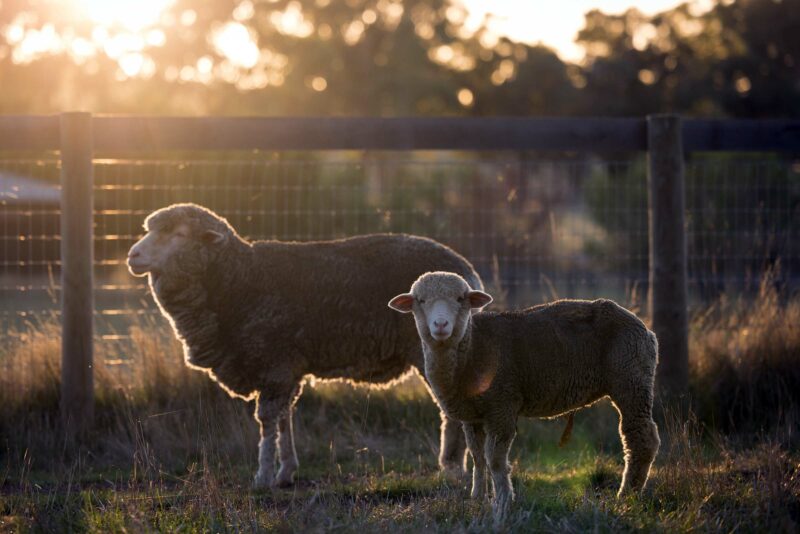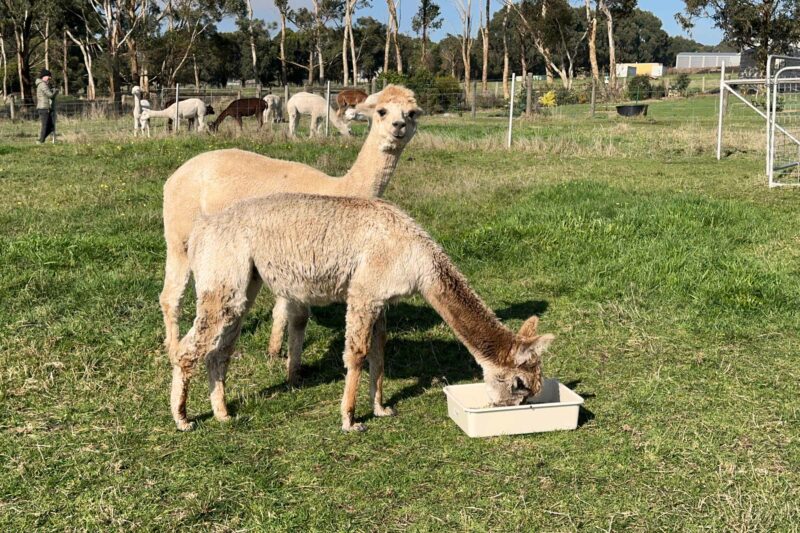
Alvin Toffler “The illiterate of the 21st century will not be those who cannot read and write, but those who cannot learn, unlearn, and relearn. ”
It was November 17, 1970, and the then Chief Secretary of the Victorian State Government, Sir Arthur Rylah, made the announcement that the wearing of seat belts would be mandatory in all cars. The effect on road trauma was great as the death toll from road accidents plummeted along with the number of people suffering horrific and debilitating injuries, and Victoria became the world’s first legislature to decree mandatory wearing of seatbelts. This happened for one reason, and one only, because we, as a society, knew we could do better. But our way of thinking did not change overnight; it was a hard-fought battle going back to the 1930s where lone voices in the wildernesses gathered both momentum and numbers until doing anything less than changing our legislation would not be in keeping with public opinion.
It was May 30, 2011, when the tears of Australians turned to outrage as they watched the final moments of a trembling black Droughtmaster steer named Tommy on the ABC’s Four Corners program, “A bloody business”. People not only watched the once gentle creature witness his buddies being butchered before his eyes, but they also empathised, recognising that although different in form, animals just like Tommy feel fear, pain and suffering in the same way we do. Shocked to the core that the Australian Government had failed so miserably her animals, and that as Australians we too were complicit in the wanton suffering of these animals, compassionate hearts echoed the thought: “We can do better”.
But sadly, five years on and we haven’t. Today, live exports continue, new markets have even been forged, and Tommy is almost forgotten. But I know that many, just like me, will never forget that beautiful creature named Tommy and all the other animals who have been abandoned by our decision makers, because we know that profits should never come at the cost of our ethics and we know we can do better.
Throughout history, what has been at the core of our ethical progress has been our ability to embrace those we once considered different— those we considered lesser than ourselves. Today, for many, animals are considered our lesser, but I challenge anyone to look at Tommy’s trembling form and not see a creature who feared for his life, one who desperately wanted to live, but also one without a friend in the world who could help him do so. He deserved so much better than what he got.
History will judge us not by how we treat those who can defend themselves or even whether we wear a seatbelt, but history will judge us by how we treat the meek, the most voiceless and vulnerable among us, animals—those who cannot fight back. This is where we find our truest measure. We create the world around us by the decisions we make, actions we take and the votes we cast. I truly believe that one of the many things that make our nation great is we can change: we can change our way of thinking and we can change our legislation. But some things in life are non-negotiable for change; our ethics should be one of them.
People often ask me what I wish for, and whilst it is not a thought I like to entertain as I would much prefer to deal in realities, if I did have one wish right now it would be to grasp our politicians by the hand and stand beside them inside a foreign slaughterhouse to which they have condemned our animals—animals just like Tommy—and ask them to look into the eyes of those animals, feel their plea for mercy and for them to know we can do better.
And on this day, May the 31st, 2016, I wish to remind everyone that an election is just around the corner. We have the ear of our Federal politicians, and I can assure you they are listening. I implore you, on behalf of Tommy and all his kind, to contact them to demand we do better, demand an end to live export if for no other reason than we can live happy, healthy and profitable lives without a live export industry. And a final note, when we live our lives with kindness, mercy and compassion for all creatures, well, I believe that then we are living to the best of our humanity.


